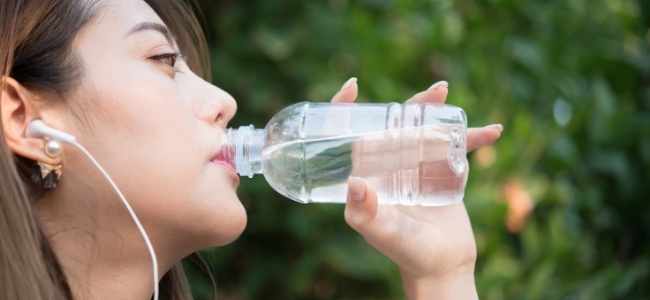The term hard water refers to water containing dissolved minerals, mostly calcium and magnesium, and sometimes substances like iron and zinc. If you have hot water, you may see its effects near your shower drain or in your drinking glasses. Does that mean hard water health effects are harmful?
Keep reading this guide for a list of the health effects of hard water.
It Increases Your Mineral Intake
One of the main minerals in hard water is calcium. Many people don’t get their recommended daily intake of calcium. Those between the ages of 19 and 50 should get 1000mg daily.
If you find it difficult to get this through food alone, drink more water! While the levels of minerals in hard water are different everywhere, it could help you meet your daily intakes. Taking a Vitamin D supplement will help your body more efficiently absorb the calcium in your water.
It’s worth mentioning that you can get too much calcium. Taking too much calcium puts stress on the kidneys, heart, and digestive system.
It Could Lower Your Risk for Certain Diseases
Hard water primarily comprises magnesium and calcium, both of which play roles in your overall health. Calcium is associated with possibly lowering your risk for high blood pressure and osteoporosis. It is necessary for bone and muscle health.
The other abundant mineral, magnesium, may also affect your risk for diseases. Magnesium is vital for your body to function, especially the cardiovascular system. Adequate magnesium intake could lower a person’s risk for heart disease, diabetes, stroke, and high blood pressure.
Check out this article to read about drinking hard water, and its health effects.
It’s Not Great for Your Hair or Skin
Hard water can be especially rough on your hair and skin. Similar to how it causes soap scum around shower drains, it can leave behind a residue in your hair or on your skin when you wash with soap. This is because hard water reacts with soap and leaves behind mineral deposits.
You may have noticed this is your scalp is itchy or if your hair is dry and dull. It could also cause colored hair to fade faster than usual. It may cause dry skin and exaggerate skin problems like acne or eczema.
It Has a Lower Sodium Content than Traditional Softened Water
Traditional water softeners add sodium to the water, which can increase your daily intake. You may be advised to avoid drinking softened water if you’re on a sodium-restricted diet. High sodium intake has been associated with high blood pressure, heart disease, and stroke.
Hard Water Health Effects to Know About
The hard water health effects are plentiful and have their pros and cons. Drinking hard water is pretty safe and good for you. Traditional water softeners may add a lot of sodium to your water.
Know that you have the facts, you can make an informed decision about your drinking water. We hope this article on hard water was helpful. Check out the other posts on our page for more health and lifestyle tips.


